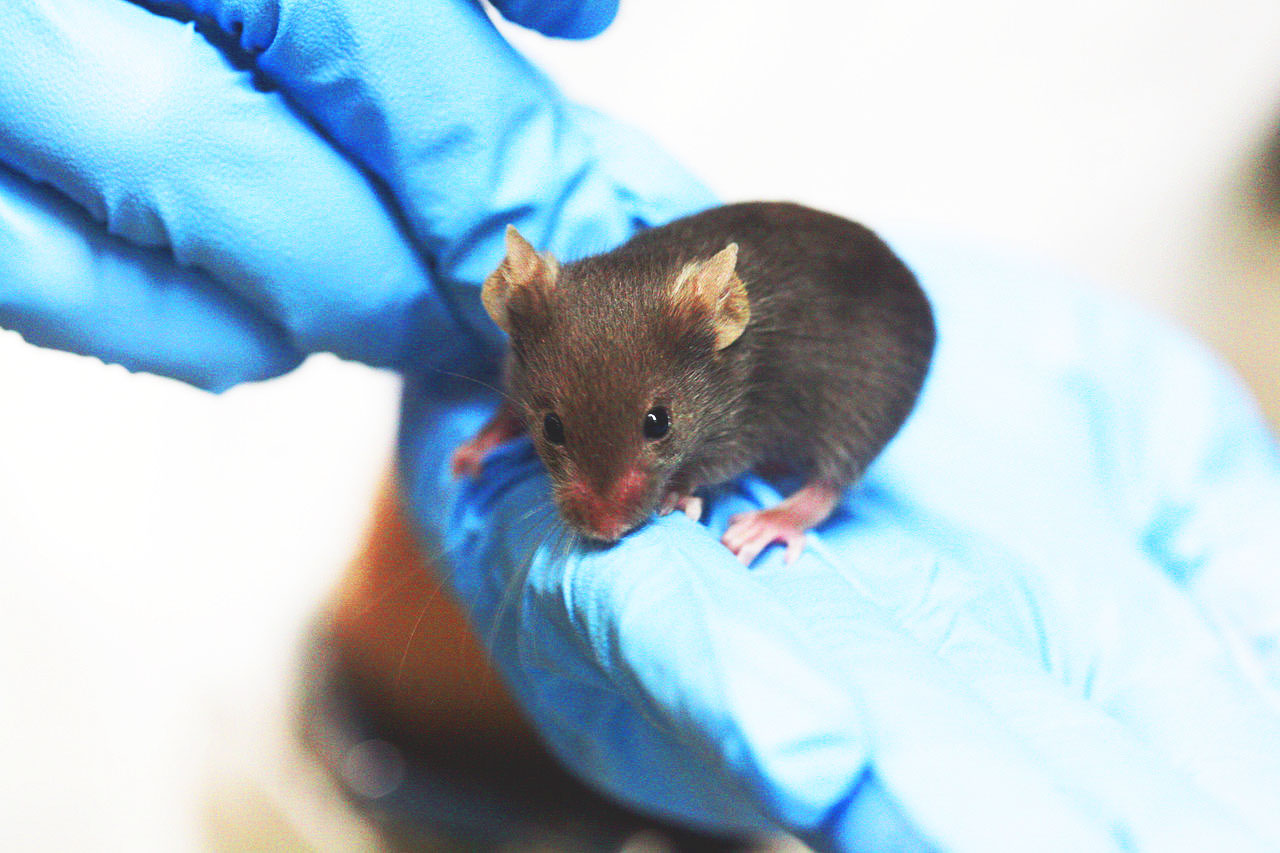Clearing out old cells might help the brain

A new pack of anti-aging companies like Unity Biotech, Cleara Biotech, and Oisín Biotechnologies think there’s a connection between so-called senescent cells—those that no longer divide—and the effects of growing old.
Clear out cells that have gone into this sleeplike state, the thinking goes, and youthful vigor will return. But not much has been known about how these cells affect the brain.
Now scientists who have taken a careful look at the brains of mice think senescent cells could have a role in neurodegeneration and memory loss.
In the new study, senior author Darren Baker of the Mayo Clinic in Minnesota found that if researchers removed senescent cells or prevented them from building up, they could prevent brain degeneration in mice prone to it.
The results, published in Nature, are among the first to take a careful look at senescence and its possible connection to conditions like Alzheimer’s and Parkinson’s disease. “I think this is a very interesting new avenue, a new way to look at aging,” says Li-Huei Tsai, director of the Picower Institute for Learning and Memory at the Massachusetts Institute of Technology and the author of an editorial accompanying the study. “I am kind of optimistic that this new idea is going to stimulate a lot of people to think about this.”
Baker, a molecular biologist, says the concept of clearing out detrimental cells from the brain is nowhere near ready to try on people. Early tests of this anti-aging concept, like one under way at Unity (which holds patents naming Baker as a co-inventor), are so far targeting specific diseases, like arthritis in the knees, rather than aging as a whole.
Baker got interested in senescence about 15 years ago after genetically altering a mouse to make it more cancer-prone. Instead, the changes accidentally sped up its aging process, he says, and there was evidence senescent cells were involved.
Targeting these old cells has become a major quest among a few anti-aging companies. Baker says he’s unsure whether targeting senescent cells in the brain will be helpful or have side effects like triggering cancer. “We really have no idea right now,” he says.
Because mature neurons naturally don’t divide anyway, it hasn’t been clear how they are affected by senescence. The new study suggests it is the “helper” cells—the microglia and astrocytes surrounding the neurons—that are at the center of the effect.
Deep Dive
Biotechnology and health
How scientists traced a mysterious covid case back to six toilets
When wastewater surveillance turns into a hunt for a single infected individual, the ethics get tricky.
An AI-driven “factory of drugs” claims to have hit a big milestone
Insilico is part of a wave of companies betting on AI as the "next amazing revolution" in biology
The quest to legitimize longevity medicine
Longevity clinics offer a mix of services that largely cater to the wealthy. Now there’s a push to establish their work as a credible medical field.
There is a new most expensive drug in the world. Price tag: $4.25 million
But will the latest gene therapy suffer the curse of the costliest drug?
Stay connected
Get the latest updates from
MIT Technology Review
Discover special offers, top stories, upcoming events, and more.